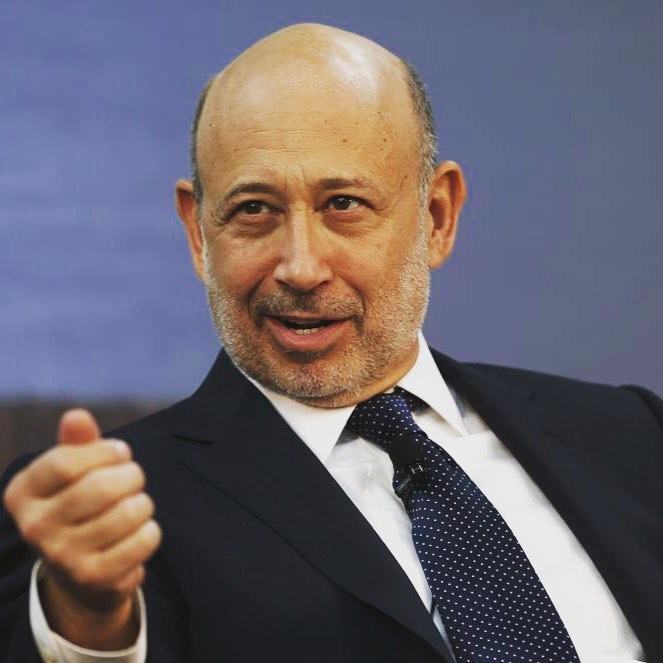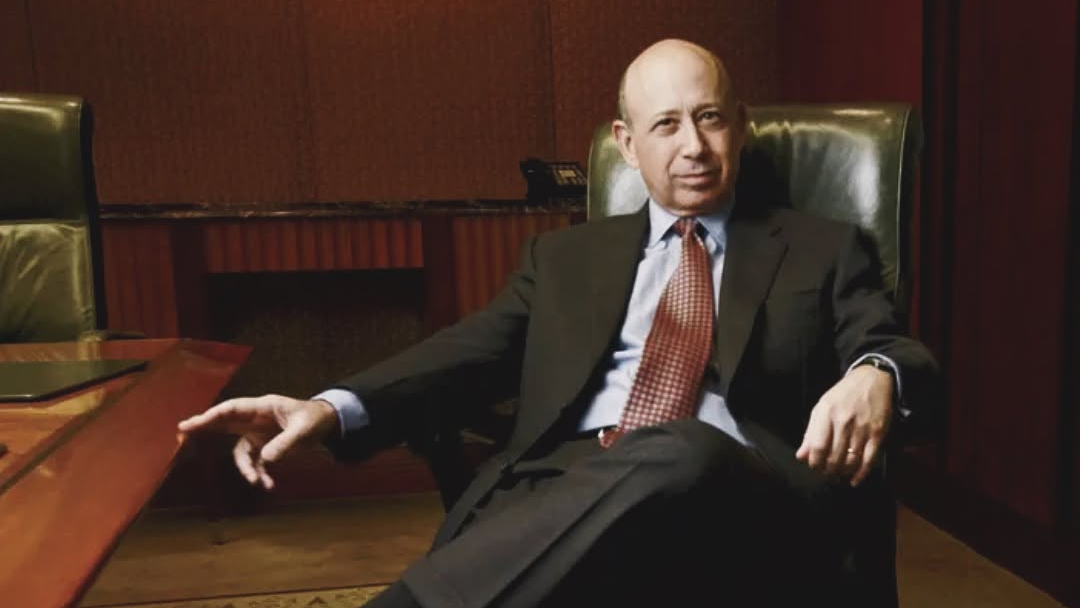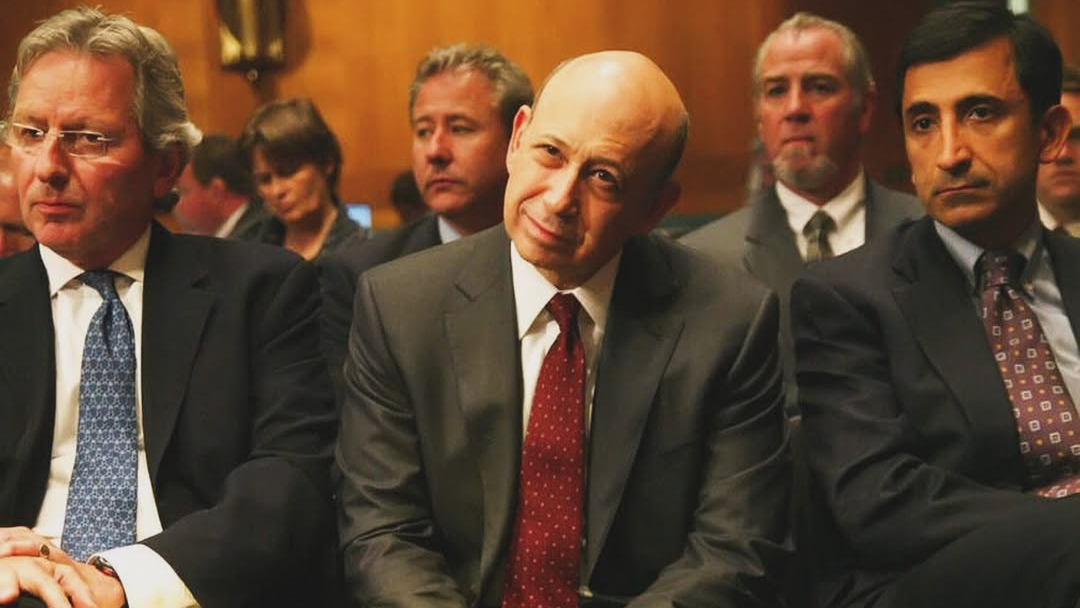From Harvard Law to Wall Street Titan: Lloyd Blankfein’s Unlikely Path
When you picture the education of a future Wall Street CEO, you probably imagine degrees in economics, finance, or an Ivy League MBA stamped with prestige. But Lloyd Blankfein, the former CEO of Goldman Sachs, proves that business success isn’t always written in the syllabus of a business school. His journey shows that a Bachelor of Arts and a Juris Doctor from Harvard Law School can take you just as far — if not further.
His story challenges one of the biggest myths in corporate culture: that you need a finance degree to become a finance giant.
A Harvard Education, But Not in Finance
Blankfein graduated from Harvard College in 1975 with a Bachelor of Arts, before completing a Juris Doctor at Harvard Law School in 1978. At first, his trajectory looked straightforward — he practiced law briefly at Donovan, Leisure, Newton & Irvine.
But in 1982, he took an unexpected detour. Leaving behind the legal world, Blankfein joined Goldman Sachs as a precious metals trader. It wasn’t a role that required a finance degree — but it demanded intelligence, discipline, and the ability to think strategically. Blankfein delivered all three.
Related: Do CEOs Even Care About Degrees Anymore?
How a Lawyer Became a Banker
At Goldman Sachs, Blankfein thrived in high-pressure environments where quick decisions meant millions gained — or lost. What he lacked in technical finance training, he replaced with analytical rigor, negotiation skills, and a lawyer’s knack for detail.
By 2006, he became CEO and Chairman of Goldman Sachs, steering the company through one of the most turbulent times in modern financial history: the 2008 global financial crisis. His leadership solidified his reputation as one of Wall Street’s most powerful figures.
His ascent underscores a key lesson: business leaders are not defined by their majors, but by their ability to adapt and lead.

Lloyd Blankfein
CEOs Who Didn’t Study Business (And Still Won Big)
Blankfein isn’t alone in proving that your degree doesn’t dictate your destiny. Some of today’s most successful CEOs studied fields far outside of business:
-
Reed Hastings (Netflix) — Studied mathematics, later reshaped global entertainment.
-
Brian Chesky (Airbnb) — Studied fine arts before revolutionizing travel.
-
Howard Schultz (Starbucks) — Majored in communications, built a coffee empire.
-
Satya Nadella (Microsoft) — Studied electrical engineering, now leads one of the world’s most valuable companies.
These stories highlight an important truth: while business degrees provide useful frameworks, the skills that matter most in leadership—creativity, critical thinking, resilience—can come from anywhere.
Related: Satya Nadella’s Advice to New Microsoft Employees: Find Purpose
Why This Matters for Future Leaders
Blankfein’s journey holds a message for students and professionals alike: don’t let your degree box you in. The transferable skills from any academic discipline—whether law, arts, or engineering—can serve as a springboard to unexpected opportunities.
For CEOs, boards, and even hiring managers, the implication is clear: talent should not be measured solely by the letters on a diploma.
As Blankfein himself once reflected on his unconventional path, the pivot from law to finance wasn’t about credentials — it was about seizing opportunity and proving capability.

Lloyd Blankfein
Broader Paths Lead to Big Success
Lloyd Blankfein’s rise from Harvard Law to the helm of Goldman Sachs is more than a success story—it’s a reminder that degrees don’t define leaders, decisions do. For every aspiring CEO who worries about not having the “right” major, his career is proof that resilience, adaptability, and vision matter far more.
So, next time someone insists you need a finance degree to make it on Wall Street, just point them toward Lloyd Blankfein — the lawyer who conquered banking.
Related: Where to Go to College if You Want to Become a CEO (And What to Study)














